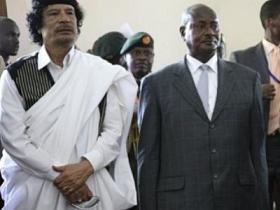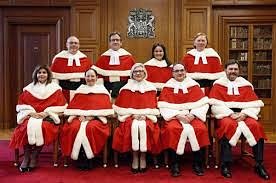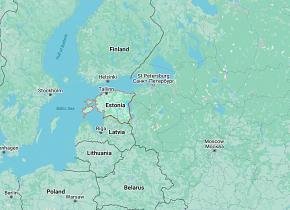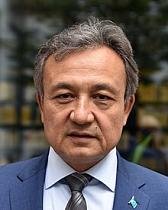Ugandans mourn Gaddafi as a benefactor
In their efforts to demonize Gaddafi, and to rationalize barbarity, NATO interests reflected through the corporate media have largely sought to cover-up African public perceptions of Gadaffi. Much of these perceptions pivot on Gaddafi as an African nationalist who had made philanthropic contributions to parts of Africa oppressed by the West. Gaddafi’s relationship with Uganda was well known and stretched across social, political and economic platforms. The most symbolic of Gaddafi’s input in Uganda is the Gaddafi National Mosque sitting on top of Old Kampala hill and the Toro Kingdom Palace in Western Uganda. The Muslim community dedicated Juma prayers to his memory at the Gadaffi National mosque. The Daily Monitor, a prominent independent Ugandan newspaper, reported that Sheikh Amir Mutyaba, a former ambassador to Libya, wept as he told followers that Colonel Gaddafi had “died as a hero.†He added that while “Allah will bless him,†foreign “oil diggers will be punished,†likely alluding to a perception among some that the West intervened in Libya mainly because of its oil riches. In Nigeria, Africa’s most populous country and about half Muslim, a senator told local news media that Colonel Gaddafi “was one of the finest African leaders we have.†And a former Nigerian militia leader, who said he was once financed by Colonel Gaddafi, told Agence France-Presse that the former Libyan leader’s death would be “avenged.†The colonel “spilled his blood as a martyr to rekindle the fire of revolution all over the world,†said Mujahid Dokubo-Asari, the militia leader. “The people of the world will rise up against this.†Colonel Gaddafi came to power in 1969 as a 27-year old ideologue, who modeled himself on President Gamal Abdel Nasser of Egypt, and focused his energy on leading a pan-Arab renaissance. But by the turn of the century, feeling spurned by his fellow Arabs, he turned his focus south toward sub-Saharan Africa. He used his own money, as well as state-owned investment firms, to build mosques, hotels and telecommunications companies.
UGANDA - More that 24 hours after former Libyan leader Muammar Gaddafi was killed, the world was still coming to terms with the demise of a man who had come to style himself as the King of Kings in Africa. But while most of the world was celebrating the end of a largely autocratic rule, here in Uganda, there was quite a significant number of people who were mourning the passing on of a generous benefactor.
An estimated 30,000 people packed the mosque to pay tribute to the slain leader, according to local news media in Uganda.
Internet site references:
http://www.NewsUganda.net
http://www.nytimes.com
Comments
There are 0 comments on this post
















